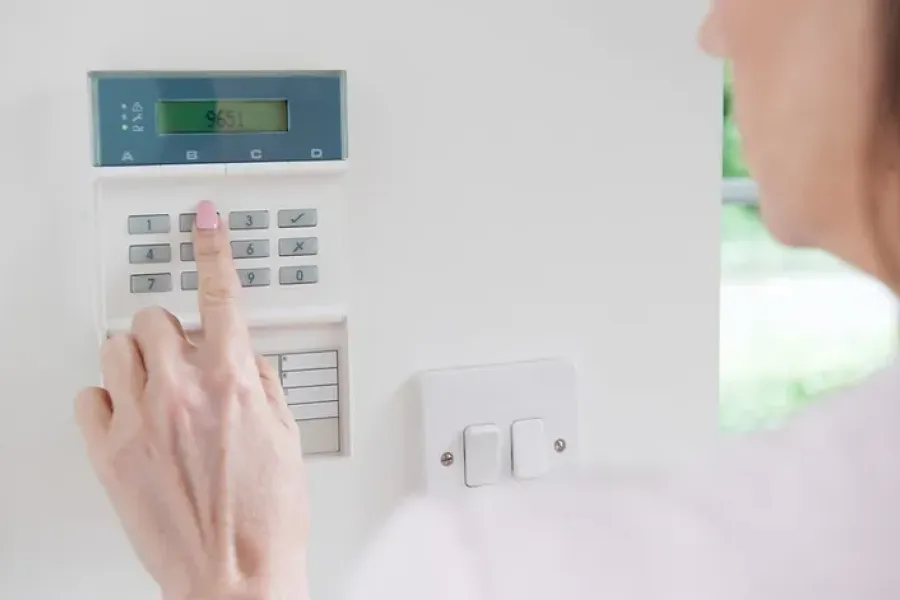4 Causes of False Alarms and Ways to Prevent Them

Over 98% of alarm calls per year in the USA are false. False alarms are a significant problem in the security industry. False alarms can cost businesses a lot of money in fines. In addition to the financial losses, false alarms also upset people who live in or visit areas where the alarms occur.
The good news is that you can take several measures to prevent false alarms from happening without compromising the safety of your home.
The following are four causes of false alarms and how you can avoid them.
1. Poor or Incorrect Installation
Poor or incorrect installation of alarm systems can lead to false alarms and weakened security. A few common mistakes can occur during the installation that may lead to false alarms, including:
- Improperly installed sensors
- Misaligned sensors
- Sensors that are too close together, causing signals to bleed into each other
- Incorrect wiring, including improperly connected wires
To avoid installation mistakes, make sure the installation follows the manufacturer's recommendations. You should hire a qualified contractor familiar with the alarm system. You can also have the contractor test the alarm system after installation to confirm the system is operating correctly.
2. Human Error
One of the most common causes of false alarms is human error. Human error accounts for over 80% of false alarms.
Human error can be due to any number of reasons, including a lack of training for the user or an incomplete understanding of the alarm system's procedures. In some cases, people may accidentally set off the alarm or forget to turn off the alarm before opening doors and windows, causing the alarm to go off.
The first step to reducing human error is to make sure your alarm systems are user-friendly and easy to operate. Also, take the time to learn the alarm system and train everyone who will need to use the system on how to properly and safely handle the equipment.
3. Lack of Maintenance
Regular maintenance is essential for keeping your alarm system up to date and in good working order. If your alarm system is obsolete or needs maintenance, it's likely to trigger a false alarm.
Maintenance can be inspecting batteries for broken down parts or wires for corrosion and checking for system updates. Cleaning sensors regularly will also help reduce false alarms caused by dust or debris obstructing their view. You might also want to consider an annual service plan for your alarm system.
An updated system can help you avoid false alarms by keeping tabs on every component. In addition to preventing technical issues, maintenance also ensures that your system will respond when needed.
4. Environmental Interference
Environmental interference is what occurs when factors in your environment cause the alarm to go off when it shouldn't. Factors such as bad weather, power outages, temperature changes and more can affect the alarm system in this way. For example, lightning can cause a sensor to go off because the system can pick up an electrical charge in the air.
Therefore, avoid installing your alarm system where weather changes can affect it to prevent interference. Also, make sure you plug all devices into surge protectors or uninterruptible power supplies. Surge protectors will help guard against voltage spikes.
Security alarm systems are an effective means of protecting your home and family, but they can also be a hassle if you have false alarms. While the above list is by no means exhaustive of the causes, it covers the most common culprits and offers some solutions for avoiding them.
If you have any questions or need help setting up a plan for reducing false alarms, feel free to contact Security Services Northwest.